Artificial Intelligence (AI) has evolved from a technological revolution to a strategic tool that is influencing economies, politics, and military might globally. The world is entering a new era of competition and collaboration as countries compete to create and govern AI. Artificial intelligence is changing the global order, as evidenced by the U.S.-China AI competition and European AI laws.
We’ll examine how AI politics and power are transforming economies, defense, and governance in this blog, as well as the implications for international relations going forward.
The Rise of AI as a Geopolitical Force
The transformative power of AI is frequently likened to that of electricity. AI is changing global strategy in the twenty-first century, much like electricity changed industries and daily life in the twentieth. Governments understand that military superiority and economic domination are synonymous with leadership in AI.
- To advance AI innovation, the US makes use of its tech behemoths, Microsoft, Google, and OpenAI.
- By 2030, China hopes to lead the world in artificial intelligence through significant government investment.
- Europe sets global standards by emphasizing stringent AI governance and ethical frameworks.
This change demonstrates how the balance of global leadership is directly impacted by AI politics and power.
China-United States AI Rivalry
The U.S.-China competition is one of the most distinctive features of the current AI environment. AI is seen as essential to both countries’ economic development and national security.
- China is spending billions on AI for autonomous weapons, smart cities, and surveillance. It has a strategic edge because it incorporates AI into state policy.
- In contrast, the United States prioritizes innovation through academic research, defense partnerships, and private-sector collaboration.
Innovation is only one aspect of this technological arms race; other factors include data control, influence in international organizations, and influencing the regulations governing the use of AI.
AI for National Security and Defense
One of the most contentious aspects of AI politics and power is its use in the military. Warfare is changing due to AI-powered drones, autonomous weapon systems, and predictive analytics for cyber defense.
- Defense organizations can foresee threats before they materialize with the aid of predictive intelligence.
- Governments can now monitor cities and borders with previously unheard-of efficiency thanks to AI surveillance systems.
- The use of autonomous weapons that have the capacity to make life-or-death decisions without human intervention raises ethical questions.
AI defense is a key geopolitical issue since nations that lead in this area will have major strategic advantages.
AI Governance and Regulations
Some countries prioritize responsibility, while others prioritize speed. These days, regulations play a big role in AI politics.
- The first comprehensive law governing artificial intelligence that sets international standards is the European Union’s AI Act.
- The US employs a sector-based strategy that strikes a balance between innovation and protections.
- China controls the domestic use of AI, especially in media and surveillance, through stringent state oversight.
These various governance models demonstrate how AI politics and power impact people’s daily lives globally and reflect larger political ideologies—democratic openness versus centralized control.
AI and the World Economy
Beyond the military and laws, artificial intelligence is a major factor in the world economy. The following industries are likely to be dominated by nations that master AI technology:
- Healthcare (personalized medicine, AI diagnostics)
- Finance (fraud detection, AI-driven trading)
- Manufacturing (robotics, predictive maintenance)
- Transportation (self-driving cars, logistics optimization)
If nations don’t adjust, they run the risk of lagging economically, which will impact their political clout internationally.
AI and Political Ethics Issues
Along with power, AI also carries risks. Governments are under pressure to strike a balance between ethics, human rights, and innovation.
Important issues include:
- AI bias results in unjust policies.
- privacy concerns with facial recognition and surveillance.
- AI in elections, as false information has the potential to undermine democracies.
These difficulties demonstrate that social trust and accountability are just as important to AI politics and power as strategy.
The Role of International Cooperation
Calls for international cooperation coexist with headlines about competition. International frameworks on AI governance are being pushed by institutions such as the OECD and the United Nations.
- Agreements could stop AI from being abused in combat.
- Regulations that are shared could aid in striking a balance between safety and innovation.
- The benefits of AI are distributed globally thanks to collaborative research
Without collaboration, the world runs the risk of an AI “cold war” in which innovation progresses but international confidence declines.
Politics and Power in the Future of AI
In the future, AI’s impact will only grow. Among the probable trends are:
- AI-driven diplomacy, in which countries negotiate using predictive models.
- more stringent international laws, especially those pertaining to data usage and AI ethics.
- expansion of AI in defense, resulting in fresh discussions regarding responsibility and ethics.
- new partnerships in which countries work together on AI to counteract superpowers.
How AI politics and power influence international order—through collaboration, competition, or conflict—will probably be determined over the course of the next ten years.
Artificial intelligence is a geopolitical force as well as a technological tool. Leaders in AI will have cultural, military, and economic sway that goes well beyond conventional power dynamics.
Our world is being shaped by AI politics and power, as evidenced by the U.S.-China rivalry, European regulations, and advancements in global defense. It is crucial for citizens, companies, and policymakers to comprehend this change.
Who leads the world and in technology will be determined by AI in the future.


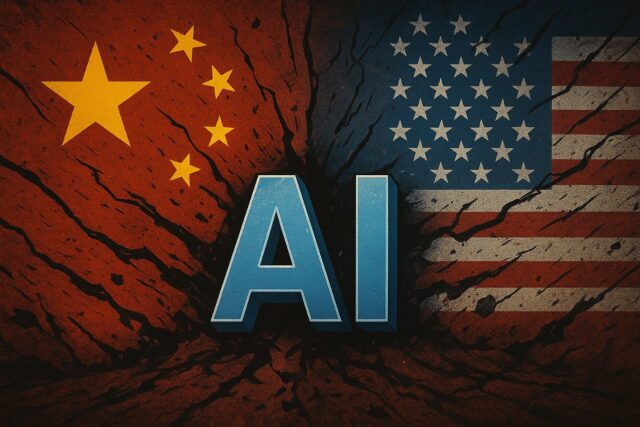
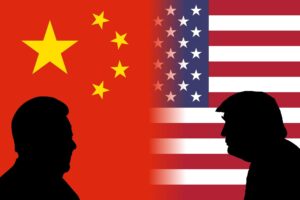
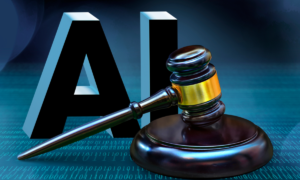


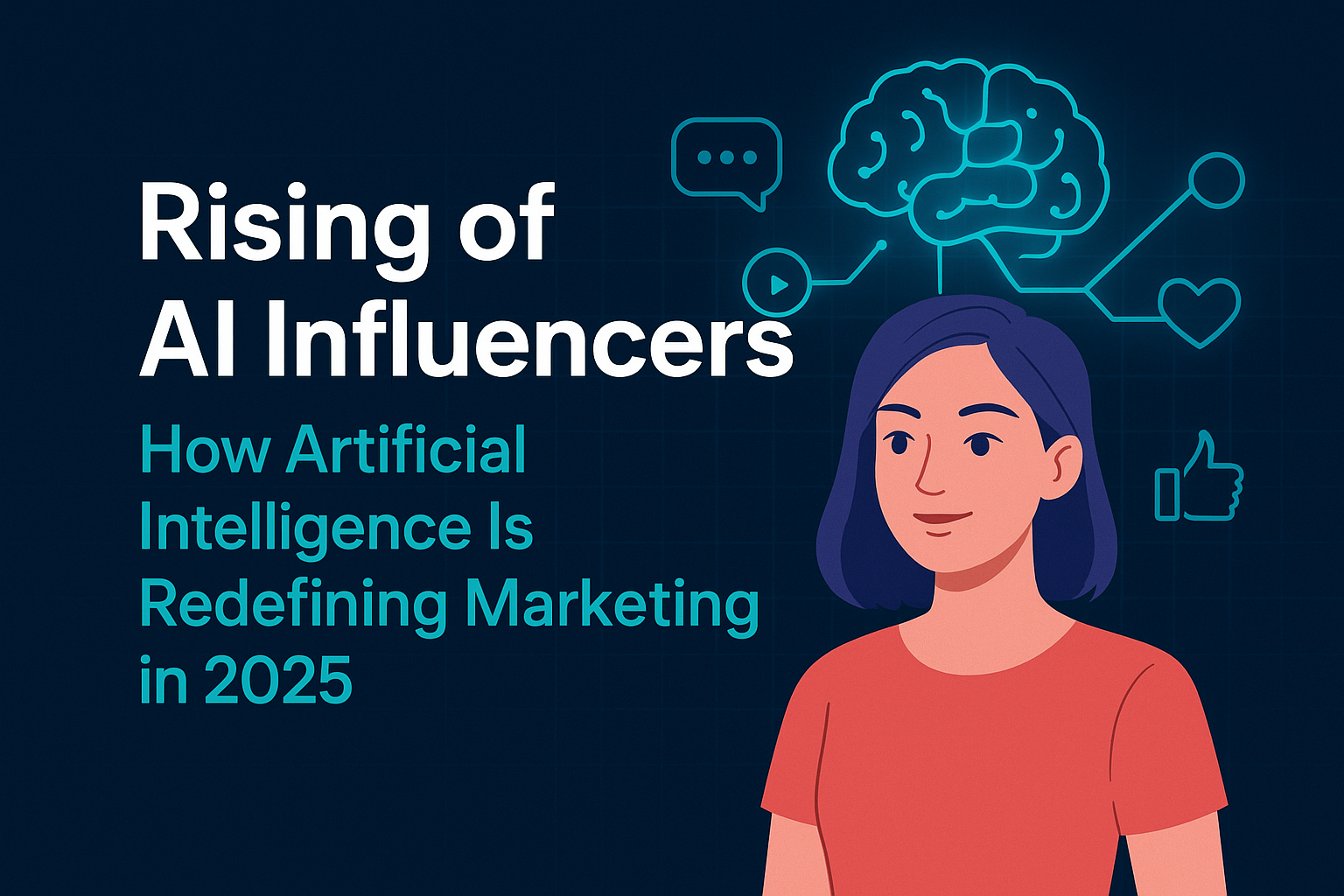
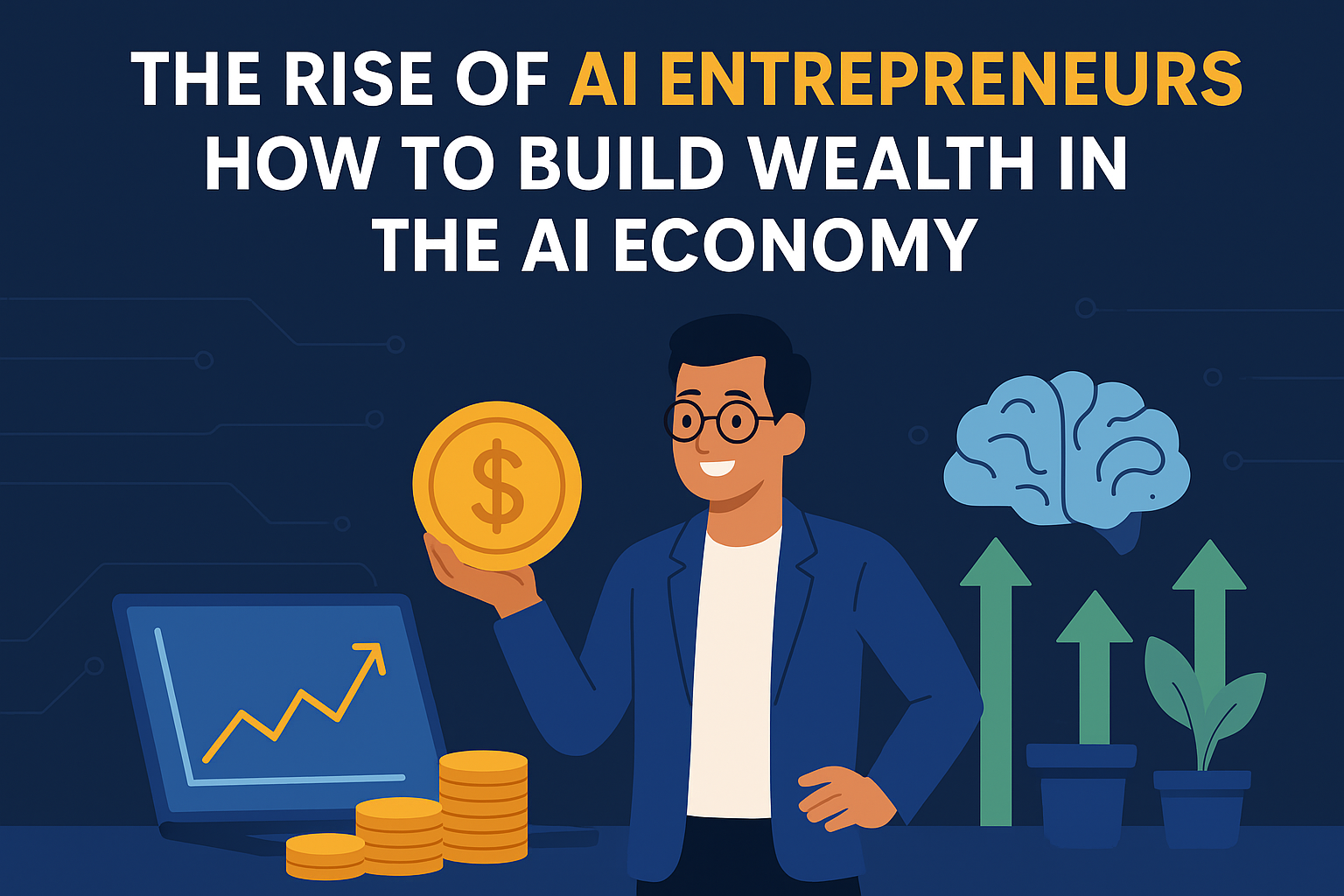
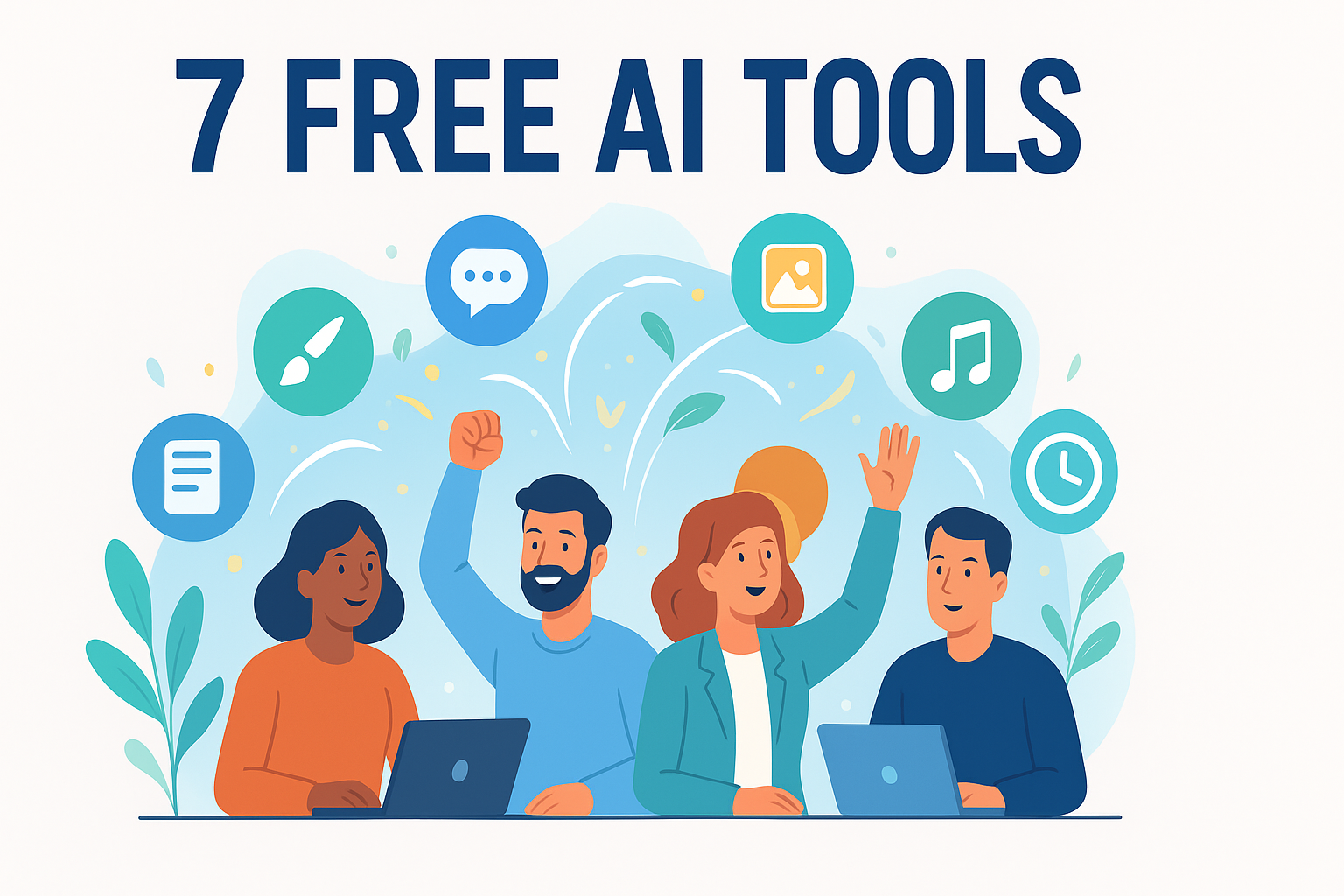



[…] are now accepted on stock platforms (as long as they are properly labeled). Your designs can sell several times if they are distinctive and of excellent quality. For Example, a designer posted more than 100 AI […]
[…] good news? With just your abilities, imagination, and perseverance, you can begin creating passive income […]
[…] Good communication is key to productivity, and Grammarly is one of the best free AI apps for improving writing. In 2025, it goes beyond grammar correction with advanced AI features. […]